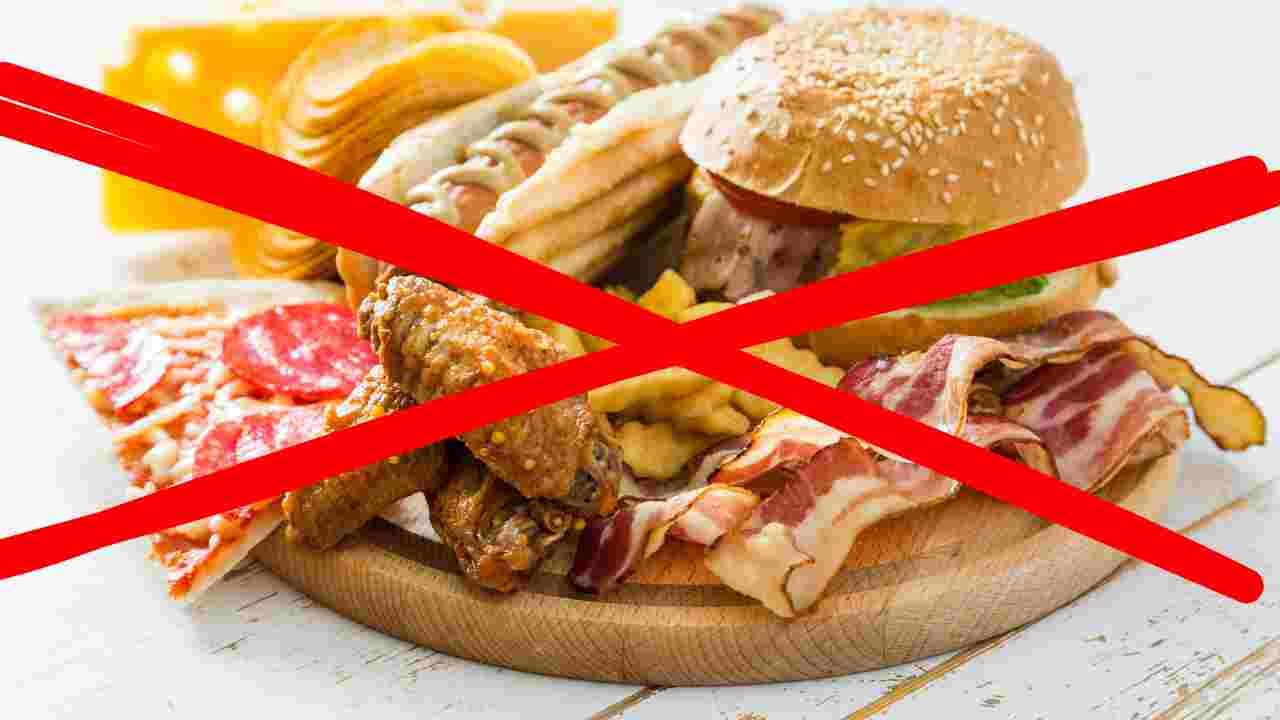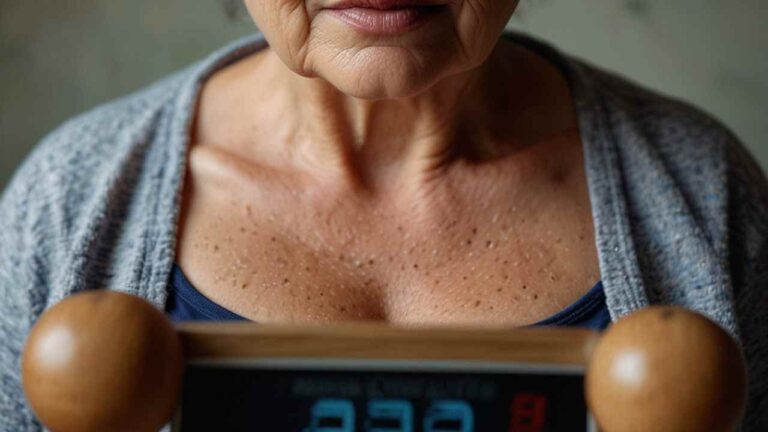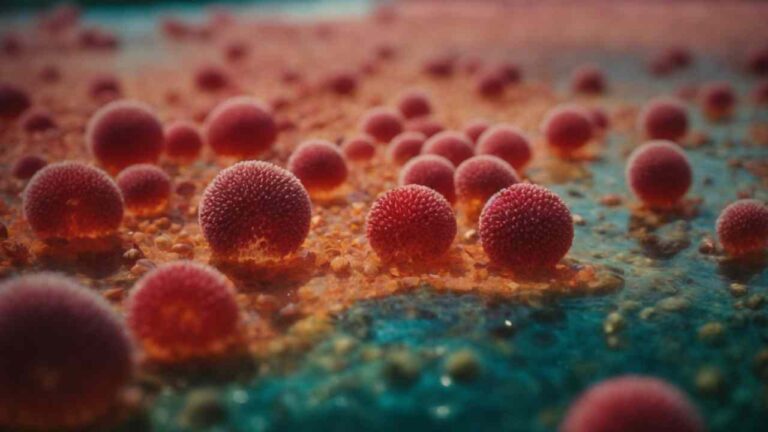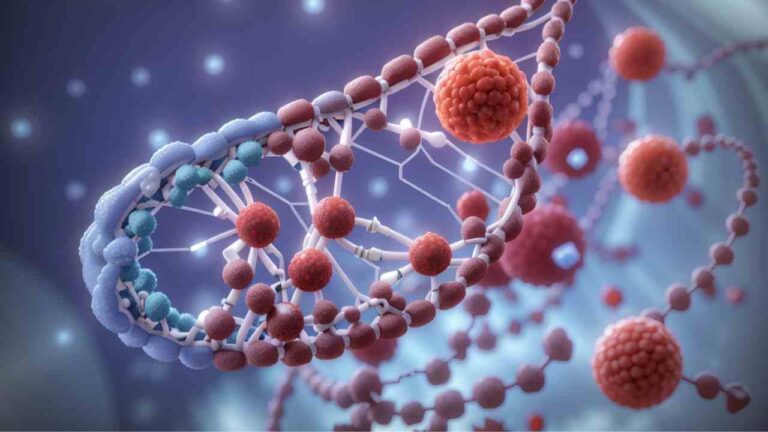Hepatitis B Diet: Do’s and Don’ts for Liver Health
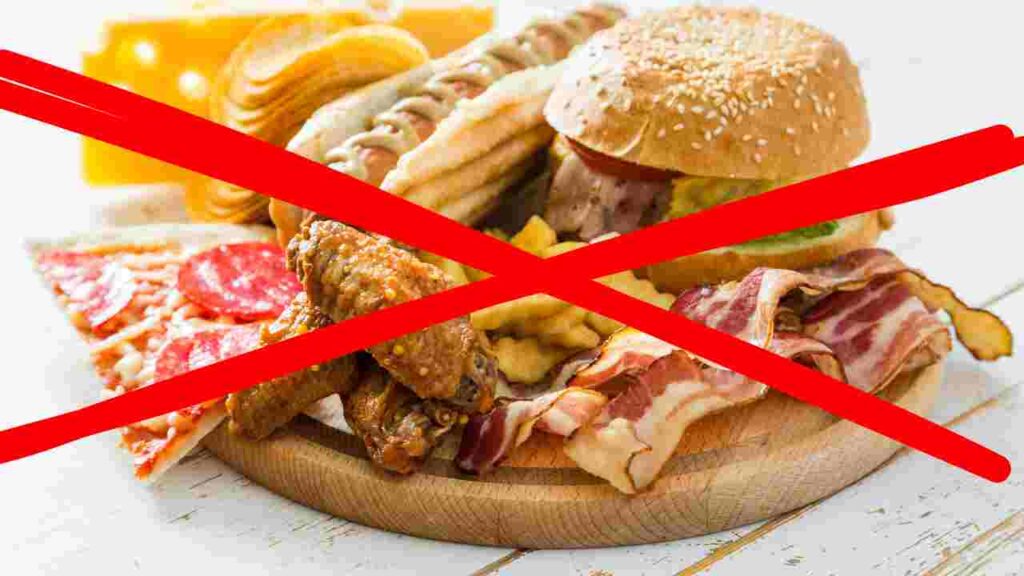
Hepatitis B Diet: Do’s and Don’ts for Liver Health
When living with Hepatitis B, you must focus on what you eat, how you prepare it, and when you consume your meals. By avoiding foods that stress your liver, like processed snacks, and emphasizing nutrient-dense options such as leafy greens and lean meats, you’re not just eating—you’re actively managing your health. But have you considered how the stages of Hepatitis B might influence your dietary needs? Understanding these subtle shifts can be vital for your long-term well-being. Curious about how these changes could affect you? Let’s explore what specific adjustments might be necessary as your condition evolves.
Understanding Hepatitis B
Hepatitis B, a viral infection that targets your liver, can greatly affect your health if not managed properly. Maintaining liver health is vital to inhibit disease progression and enhance the effectiveness of antiviral therapy. Your nutritional requirements play a pivotal role in this scenario. A diet tailored to your health needs can markedly improve your body’s response to treatment. It’s essential to understand that as the disease progresses, your dietary needs may evolve, requiring adjustments to optimize liver function and overall health. Ensuring you meet these nutritional guidelines can bolster your liver’s resilience against the virus and aid in maintaining a stable health condition, ultimately slowing down any detrimental progression of the disease.
Foods to Avoid
Understanding your nutritional needs is vital, and part of managing your diet effectively involves knowing which foods you should steer clear of. You’ll need to adhere to some impactful restrictions to protect your liver and follow nutritional guidelines. Avoid fatty, fried, and greasy foods, which can exacerbate liver damage. Alcohol and certain stimulants are also off the table, as they can hinder liver function. Also, high-sugar foods and fatty seeds like peanuts and cashews can harm your health. Opt for liver-friendly choices and incorporate dietary precautions by steering clear of spicy and salty foods, which can provoke liver stress. Establishing healthy eating habits by avoiding these foods is essential in managing hepatitis B effectively.
Recommended Dietary Choices
To support your liver health, you’ll want to focus on incorporating fruits, whole grains, and lean proteins into your diet. Meal planning is important; consider creating a weekly menu that emphasizes these foods. Opt for healthy snacks like sliced apples or carrot sticks, which can curb hunger without straining your liver. Explore nutrient-rich recipes that utilize ingredients like quinoa and broccoli, aligning with dietary guidelines that promote liver wellness. When cooking, use tips such as grilling or baking instead of frying to reduce unhealthy fats. This approach not only supports your liver but also contributes to overall well-being, keeping your dietary routine both manageable and beneficial.
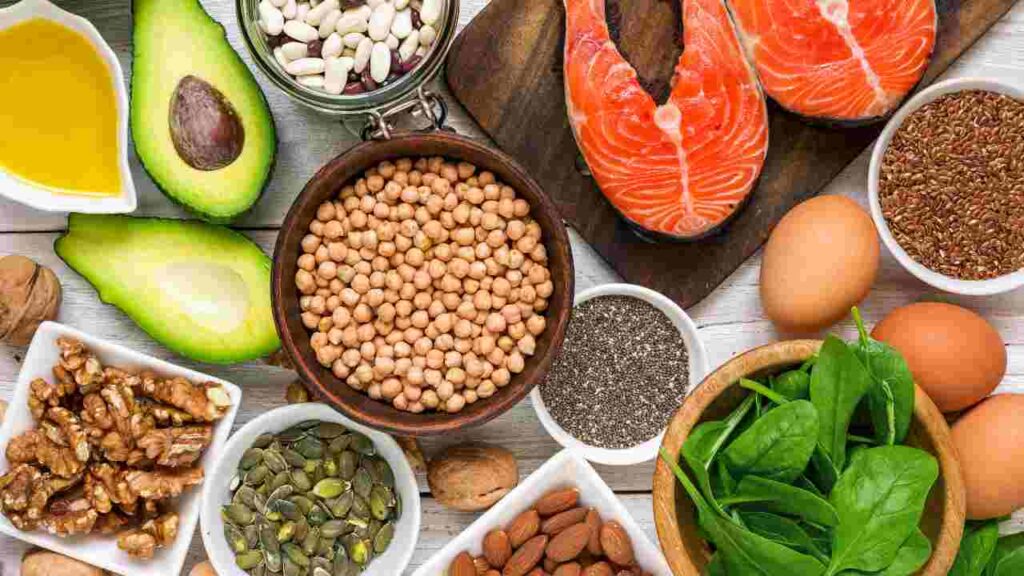
Nutritional Needs by Stage
Depending on the stage of your hepatitis B, your nutritional requirements will differ greatly. In the acute phase, you’ll need about 25 kcal/kg of body weight daily and a lower protein intake to ease liver strain. As the disease progresses to a chronic stage, your energy needs increase to 35 kcal/kg, and protein requirements go up to help maintain liver function and repair.
Dietary guidelines emphasize a macronutrient balance tailored to these stages, ensuring you don’t overburden your liver. Nutritional support through careful meal planning is vital. It helps manage symptoms and slow disease progression. Adapting your diet as your condition evolves is key to supporting your health throughout the course of hepatitis B.
Benefits of a Healthy Diet
Adopting a healthy diet offers significant benefits for managing hepatitis B, enhancing liver function, and slowing disease progression. By focusing on foods that support liver health, you’re less likely to exacerbate the condition and more likely to maintain an effective immune system response. A diet rich in vegetables, lean proteins, and whole grains helps stabilize your energy levels and can improve your body’s response to antiviral therapy. This essential approach not only helps in controlling disease progression but also fortifies your overall health. So, it’s vital to choose meals wisely to protect your liver and boost your body’s defenses, ensuring you stay as healthy as possible while managing hepatitis B.
Conclusion
To sum up, consider your diet as a shield, safeguarding your liver against the onslaught of Hepatitis B. By abstaining from harmful foods and embracing nutritious choices, you fortify your body’s defenses, enhancing your liver’s ability to function and respond to treatments. Adapting your dietary intake to the specific stage of your disease not only supports liver health but also optimizes your overall well-being, paving the way for a healthier life despite the challenges posed by Hepatitis B.
Bibliography
- Diet for the Liver. Hepbpositive.org.uk. Published 2024. (https://www.hepbpositive.org.uk/diet-for-the-liver)
- Hepatitis B Foundation: Healthy Liver Tips. Hepb.org. Published 2024. (https://www.hepb.org/treatment-and-management/adults-with-hepatitis-b/healthy-liver-tips/)
- What should people with hepatitis B avoid and what should they eat? Vinmec.com. Published 2019. (https://www.vinmec.com/en/news/health-news/what-should-people-with-hepatitis-b-avoid-and-what-should-they-eat/)
- Jose-Abrego A, Rivera-Iñiguez I, Torres-Reyes LA, Roman S. Anti-hepatitis B virus activity of food nutrients and potential mechanisms of action. Annals of hepatology. 2023;28(4):100766-100766. doi:https://doi.org/10.1016/j.aohep.2022.100766 (https://www.elsevier.es/en-revista-annals-hepatology-16-articulo-anti-hepatitis-b-virus-activity-food-S1665268122001089)
- Adults with hepatitis: What to eat, what to avoid? Vinmec.com. Published 2019. (https://www.vinmec.com/en/news/health-news/nutrition/adults-with-hepatitis-what-to-eat-what-to-avoid/)
